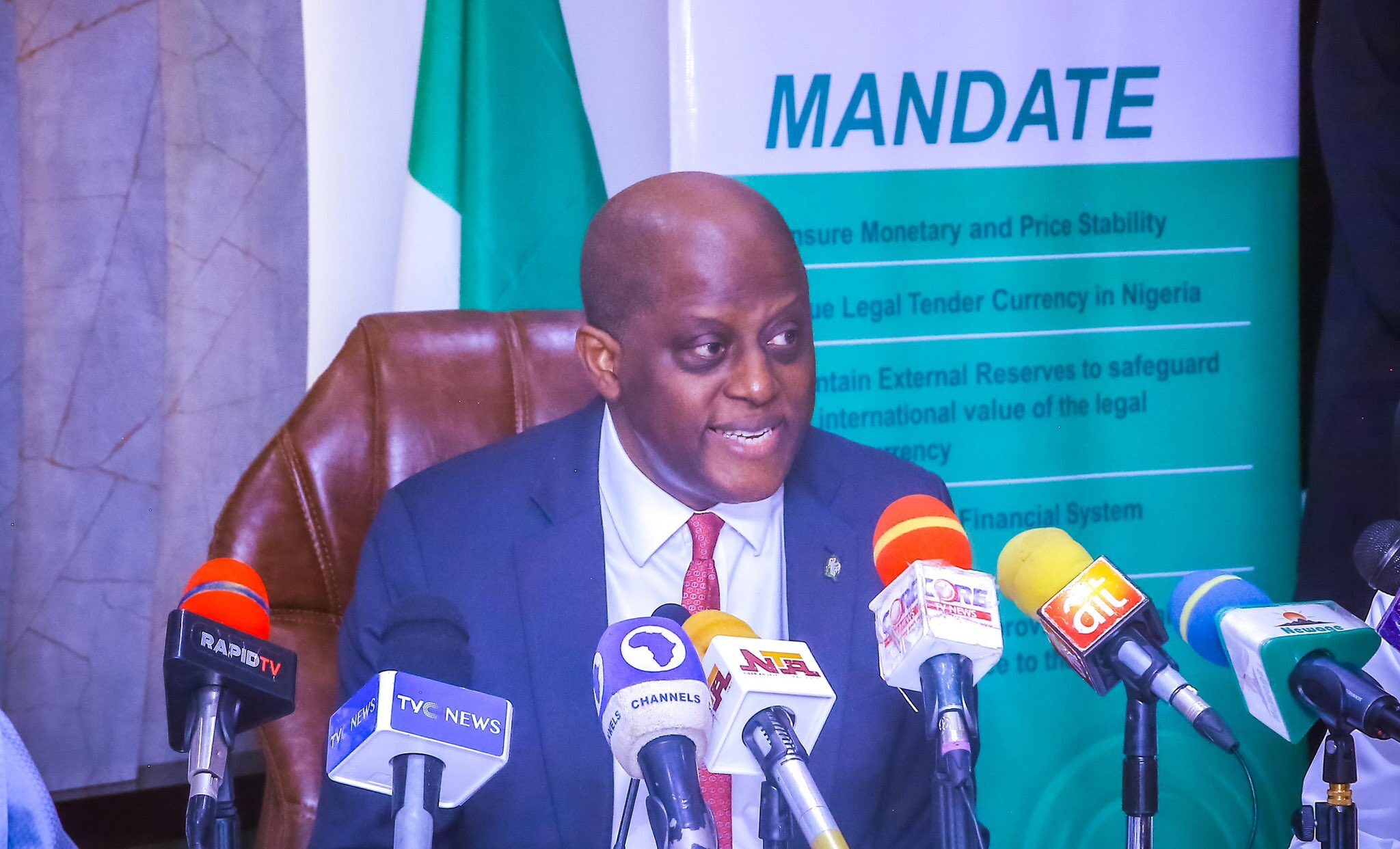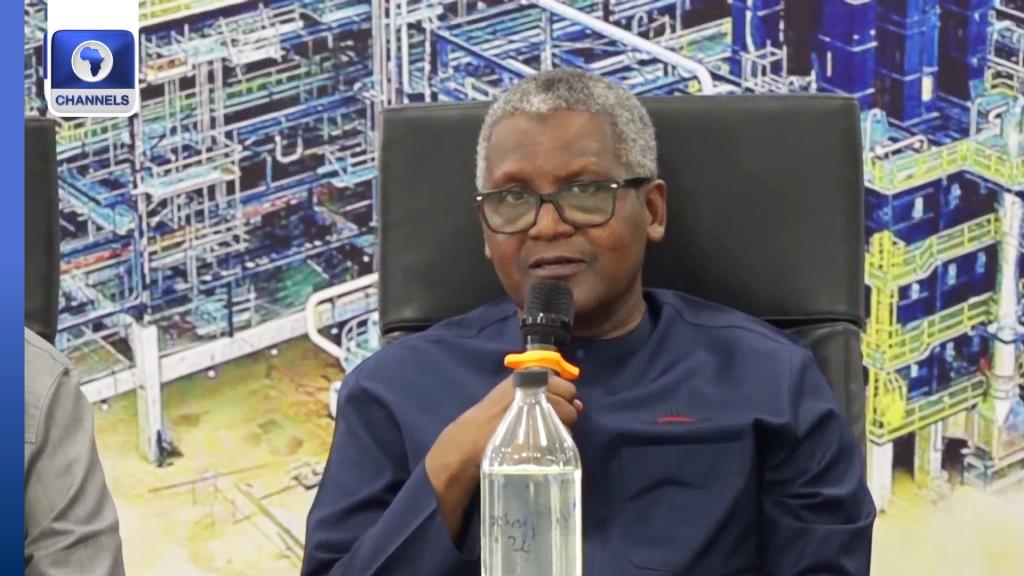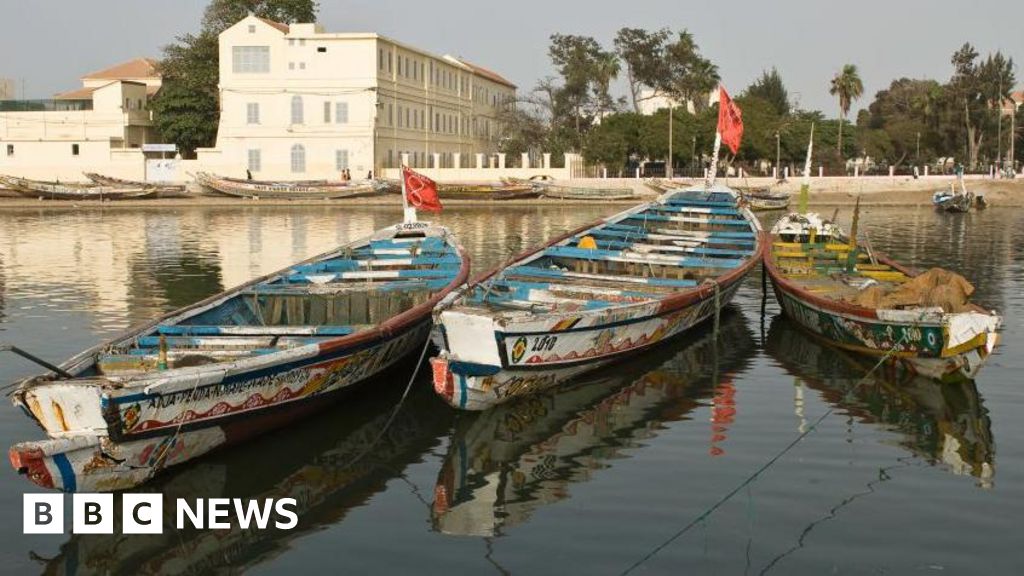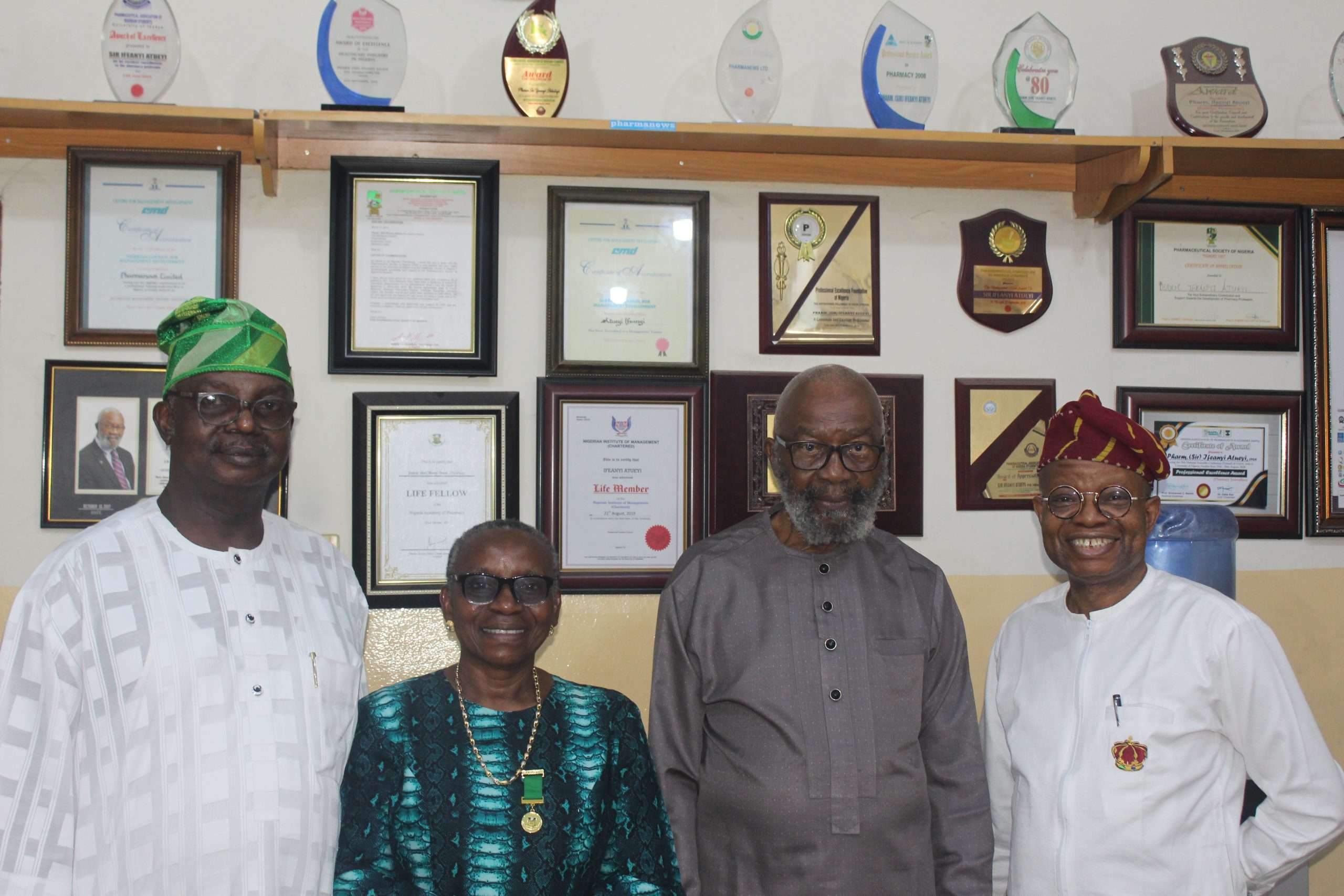Place your adverts here on InfoDig @ low rates; banner ads, sponsored links and guest articles etc. Contact us
The Lagos State government has beat residents and motorists’ expectations on its rehabilitation of the failed portion of the Lagos-Badagry Expressway at Mile 2 corridor which it has completed ahead of the scheduled time. This is at variance with what has become the normal with roads repair which would always extend beyond scheduled completion time.
The state government started repair work on the first section of the expressway, covering the stretch of Durbar Junction on the Badagry Bound lane (on both Toll and Service lanes) on Monday, August 26, 2024, targeting Monday, September 30, 2024 for the completion.
The state’s commissioner for transportation, Oluwaseun Osiyemi, in a statement on Friday, August 23, 2024, assured that the first section would be completed on September 30, after which work would begin on the second section of the expressway, covering the Train Station area and Signal Barracks stretch.
Interestingly, however, by Monday, September 23, 2024, one week ahead of schedule, work on the first section of the expressway, being done by the state’s Ministry of Works and Infrastructure, has been completed and has started on the second section.
Though the traffic nightmare that defined commuting and driving experience in that corridor in the last one month persists with the commencement of work on the second section, commuters are excited, enduring it all with hope that it would soon become a thing of the past.
“Yes, it has been tough in the last one month, but I am personally happy because I know, like a woman in a labour room, joy will definitely come after the pain of delivery is over,” a commuter going to the Island from Agbara Estate, noted after spending almost an hour between Festac First Gate and Mile 2 Train Station which, ordinarily, would not take five minutes’ drive.
Read also: The paradox of vehicle road-worthiness certification and bad roads in Lagos
The commuter, who introduced himself to our reporter as Patrick, commended the pace of work on the first section of the Expressway, hoping that the same speed with which they finished that section would be applied to the second section which, he noted, is even shorter, in terms of stretch.
He also commended the traffic control by the Lagos State Traffic Management Authority (LASTMA) officials, pointing out that the traffic congestion would have been worse if those officials were not there. “The volume of traffic on this road is just unimaginable and you won’t know it until there is a situation like what we have on our hands now,” Patrick said.
Because of the gridlock, some commuters have resorted to trekking all the way from Festac First Gate, crossing Maza-Maza Bridge to Dubar Junction and to the approach of the reconstruction site where the vehicles make a detour to the service lane to continue their journey to Apapa, Orile, Costain, Oyingbo or Lagos Island.
As was done during the repair of the first section, motorists coming from the Badagry axis are diverted to the service lane at 100 meters away from the repair location and exit the Service Lane back to the toll lane at 100 meters from where they continue their journey to various destinations.
Osiyemi had appealed for understanding, assuring that LASTMA officials would be on ground to coordinate vehicular movement along the axis. He called for patience as the diversion was part of the traffic management plans for the rehabilitation work on the road sections.
BusinessDay had, in a report published a few days before the repair work began, called out Babajide Sanwo-Olu, the state governor, saying that the governor seemed to be looking away while the state of the road, within Mile 2 Train Station corridor, tainted the state’s multi-modal transport ambition.
The report noted that Lagos had made significant progress in developing its multi-modal transport system with good roads, rail and water transportation infrastructure in some parts of the state.
“But a collapsed spot at Mile 2—a major transport hub in the state—is negating this ambition, which was amplified recently with the groundbreaking work by the Lagos Metropolitan Area Transport Authority (LAMATA) in partnership with Agence Française de Développement (AFD) – which are handling the ‘Marina and Mile 2 Interchange Hubs,” the reported noted.

 2 hours ago
29
2 hours ago
29















 English (US) ·
English (US) ·